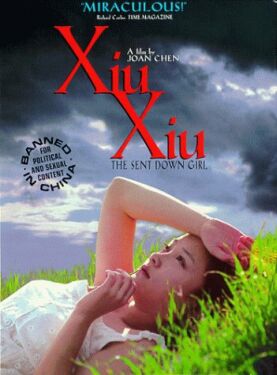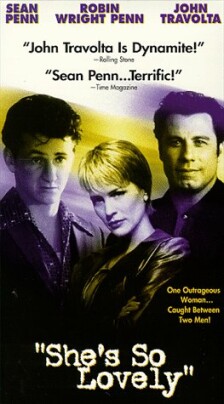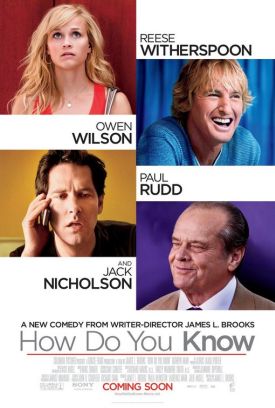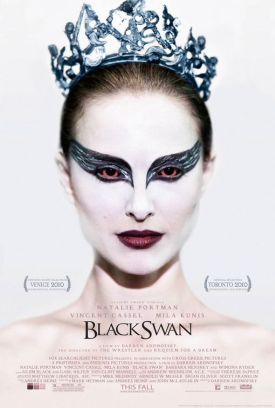Xiu Xiu: The Sent Down Girl
Xiu Xiu: The Sent Down Girl, directed by Joan Chen stars the beautiful young actress Lu Lu as the title character, a girl living with her happy family in Chengdu during the Chinese Cultural Revolution who is ordered, along with eight million other teenagers from the cities during the years 1966-76, to “go down” into the country as part of Chairman Mao’s plan for the development of the countryside. In western Sichuan province, on the border with Tibet, she finds herself put in the charge of a Tibetan called Lao Jin (Lopsang), a horse-herder who lives alone out on the steppe and is said to have lost his manhood during the Tibetan wars, when he was a prisoner of war. Both characters have considerable star-power, as does the spectacular scenery of the desolate country in which they find themselves.
The growing affection between the two of them seems a small and precious thing but one never likely to last in the shadow of the giant and looming presences of wild nature and the corrupt Communist bureaucracy. The pull on poor Xiu Xiu of her happy memories of Chengdu proves irresistible, even when it becomes clear that it must lead her on to destruction. We must watch as helplessly as Lao Jin — whose injury makes him as much a spectator as we are — the revolting scenes of party officials taking turns using Xiu Xiu for sex in return for false promises of a pass to go home. Lao Jin, so much at home in the wild countryside, is reduced to looking on as if he were a part of it, and of nature’s indifference, instead of the ardent but impotent (politically as well as sexually) lover he has become.
In the same way, he knows but can do nothing about the impossibility of reconciling Xiu Xiu to life in the country, his home. The symbolic resonances of distant and inaccessible Chengdu are many, and begin to affect him almost as much as Xiu Xiu does. She longs for her lost home and its comparatively civilized life as for a lover, a point underlined by making her old boyfriend, left behind there because his parents were powerful in the party, the film’s narrator. In his telling, we can experience something of her own sense of loss for the innocence she left behind there, the happy family, and the prospects of what even in Maoist China somehow never quite lost its claim to be “normal” life. This, the life of home and family and work and society, is all part of what she desires so powerfully and so destructively.
We who take these things, or at least the chance to earn them and participate in them, so much for granted, cannot but be shocked anew at the monstrousness of the official indifference to such basic human needs — as much as we are at the casual way that unchallenged power uses Xiu Xiu’s to destroy her. Even the stoic Lao Jin is influenced by the distant echoes of normality and civilization. A nomadic loner for whom “all places are the same,” he manages to hold on to a semblance of freedom simply by keeping out of sight of officialdom. But when he comes in contact with Xiu Xiu, he is seduced by her civilized innocence rather than the sexual attractiveness that catches the eye of the party officials.
“All you Chengdu girls like to wash,” he says at first with a mixture of puzzlement and exasperation, but soon he is building for her a place to bathe on a hillside and looking away (“Your eyes will rot if you peek,” she says to him) as she shyly and gratefully gets into it. There is almost an archetypal quality to such a story, and Ms Chen strikes a similar note more than once. When one of the loathsome party hacks comes to take his pleasure of Xiu Xiu, he casually offers her an apple as a small reminder of all that her exile has deprived her of, and, as the camera focuses us on the gesture, we cannot but be reminded of the apple’s associations, which are unlikely to be accidental ones, with the primal destruction of innocence.
After so much beauty and pathos I found the ending rather unsatisfactory — too easy a solution, artistically speaking, to the intractable problems the film presents us with. But in its clear-eyed presentation of the objects of human desire — and, in spite of their banality, the eternal nature of that desire — and of the evil which destroys life and love and ambition it is one of the best films about the great 20th century tyrannies I have seen.
Discover more from James Bowman
Subscribe to get the latest posts to your email.








